Munira Wilson, the MP for Twickenham and since 2021 the Lib Dems’ spokesperson for education, proudly describes the party as the “party of education”. But does this hold up?
The “latest news” section of its website features 97 stories – all the way back to the 2019 election review. Not one relates to education, with the focus instead on health, the environment and the cost of living.
She blames this on education being a “low public priority”. In an Ipsos Mori poll last year, only 6 per cent of respondents cited “education/schools” as the most important issues facing Britain – the lowest score since 1984.
“When my team go out to journalists with education stories, there’s such little interest,” Wilson says. “It’s polling at such a low priority amongst the public. That makes me weep because…we need to see education as a future investment like infrastructure. It should be one of the biggest priorities for any government.”
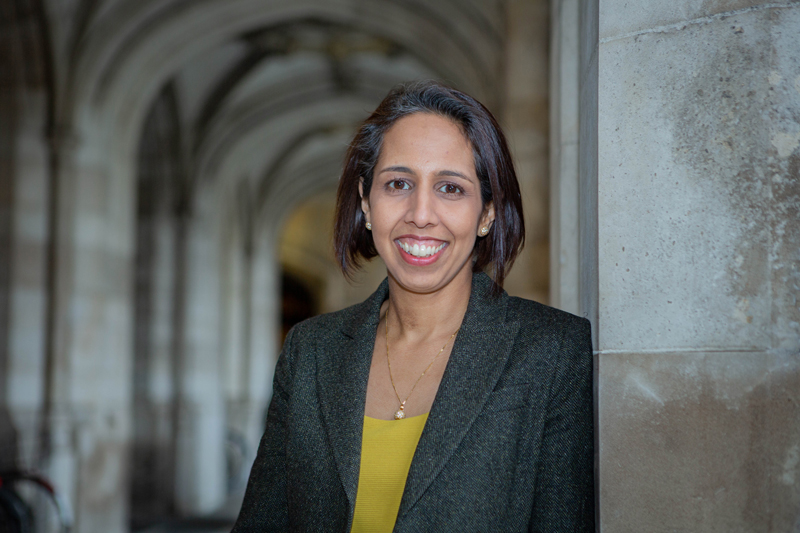
Putting together the manifesto
Wilson is currently drawing up what she says is a “strong education offer” in the Lib Dem manifesto.
Memories of its infamous U-turn over tuition fees are still engrained deeply in the minds of the electorate, with Wilson saying her party has “paid the price for making a pledge that we couldn’t keep”.
So would she have any red lines on schools policy if her party was to form a coalition with Labour this time round? Wilson says she’s “not thinking about what happens the day after the next election”.
However, one “very clear area of difference” is free school meals.
The Lib Dems introduced universal infant free school meals in 2014 and under Nick Clegg championed extending it to all primary school children.
Wilson is “still committed” to free school meals for all primary pupils, and secondary pupils whose families are on universal credit.
But she has been “particularly focused” on extending them to families of children on universal credit – a recommendation from the 2021 National Food Strategy.
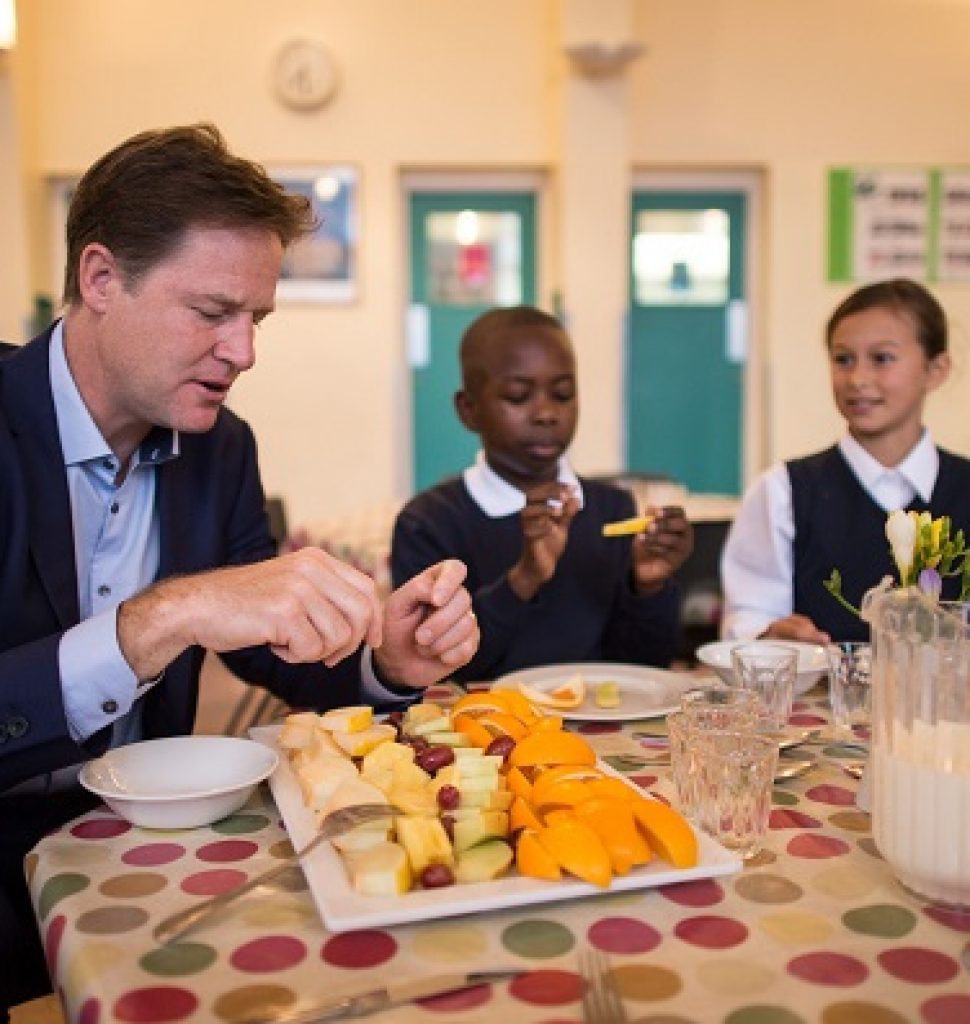
Labour’s ‘disappointing’ approach
Last June, the party tabled an amendment to the since defunct Schools Bill to that end, but Labour abstained. Wilson believes it would have passed if it had had Labour’s support. “I found that disappointing.”
However, she believes “a number” of her Labour colleagues want the party to embrace free school meals. Labour’s Zarah Sultana introduced a bill earlier this year to extend them to all primary pupils, as Labour mayor Sadiq Khan is doing in London – although this only covers the 2023-24 academic year, while the Lib Dems offer would be “properly funded, with capital costs to expand it”.
Wilson has costed this at an annual £500 million, which could be paid for by increasing the surcharge on banks’ profits that the government cut last November from 8 to 3 per cent.
She believes most people “would rather see hungry children getting a hot healthy meal, as opposed to seeing a tax cut for bankers”.
Private school plans
Another area of notable difference is the stance on private schools.
Labour would levy VAT on private schools’ fees and remove their charitable status. Wilson wouldn’t do this, instead making schools “prove they’re doing lots to earn” it.
She wants more “partnership working” between private and state schools – “not just a tokenistic ‘we’re giving away a few bursaries, or doing a bit of charity work’”.
For example, she is passionate about broader extracurricular activities and giving pupils at least two hours a week of access to PE. Private schools could be compelled to provide sports facilities to neighbouring state schools as part of their partnership work, she suggests.
Ofsted overhaul
But the two parties do align on Ofsted. While the Lib Dem’s 2019 manifesto pledged to scrap Ofsted, the party is now proposing reform instead – a similar policy shift taken by Labour.
Wilson wants a “root and branch reform”. Ofsted is “far too high stakes. It needs to be much more holistic in its approach…and critically, when schools perhaps do badly… there needs to be a supportive body working alongside them to address those shortcomings.”
In practice, she says this means ending forced academisation for poor Ofsted grades, something she does not believe “deals with the problem”.
However she does want to extend Ofsted’s scope to include MAT-level inspections.
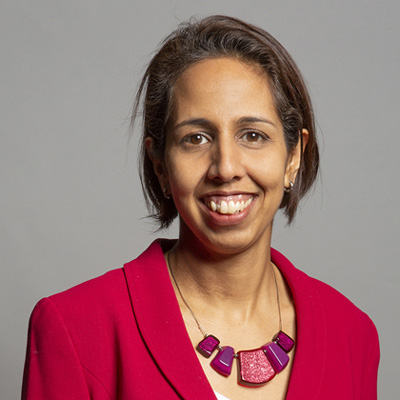
More power for councils
As champions of devolution, the Lib Dems have pledged to give local authorities the power to act as strategic education authorities for their areas, including responsibilities for admissions, exclusions and opening new community schools.
But council funding has taken a hammering and Wilson concedes such an initiative would take a long time as councils need to rebuild their capacity.
She believes the way exclusions and admissions are currently managed has “unintended consequences where schools are acting independently of each other”, with the problem acute in London because of falling rolls.
Councils should also have “more locus” by “participating in governing bodies and having a seat at the table in terms of how academies are governed”.
But she does not want her party to be seen as threatening the survival of MATs. There is “no point in ripping up the whole academy system”, with most parents not caring about governance structures.
Not cut out for teaching
Wilson’s own two children attend a small church primary (Wilson was raised a Muslim and now identifies as Christian) a few hundred metres from her house, which means they are “always the last ones to arrive at school”.
She wanted to be teacher when she was a child, but “quickly realised” after volunteering in her youth as a school teaching assistant that she was not “cut out” for that.
“I realised I didn’t have the right skills to be a teacher, which requires the patience of a saint and the ability to explain complex things in simple ways – which ought to be a gift for a politician. So maybe I’m not very gifted politician either!”
She was previously a lobbyist for Save the Children and pharmaceutical company Novartis, and attributes her success to her parents’ influence.
They emigrated from Zanzibar and “drummed into” her and her older sisters “from a very young age the importance of education”, prepping Wilson for north London’s Henrietta Barnett School.
These days, Wilson – who went on to study modern languages at Cambridge – is sceptical that grammar schools help with social mobility, believing entry is “a case of who can afford to coach their children to go”.
While it would be “divisive” to close existing grammar schools, she “wouldn’t necessarily” create new ones.
Mental health practitioner in every school
Whether it’s grammar, private or state schools, she believes the mental health crisis is affecting children everywhere.
She does not believe mental health funding levels should be linked to deprivation, and is “constantly battling” her integrated care system in south west London in which the mental health-deprivation link means a child in Croydon “probably gets per head double the funding” as a child in Richmond, which has “one of the highest levels of self-harm hospital admissions”.
She has been “pushing hard” for a policy of having a dedicated mental health professional in every school, which Labour is also committed to.
She tells of a seven-year-old who had to be locked in a classroom because they were a “danger to other pupils”, and a similar case where a sibling ended up in hospital. In both cases, the children had been waiting many months for NHS treatment.
“I often end up in tears in my surgery because I just want to help [these families]. But all I can genuinely do is check that processes have been followed to get them at the right place on whatever waiting list they need to be on.”
The current NHS mental health support teams are only due to reach 40 per cent of schools by next year. Wilson says schools may only get “one day a week, if they’re lucky. The need is so much greater”.
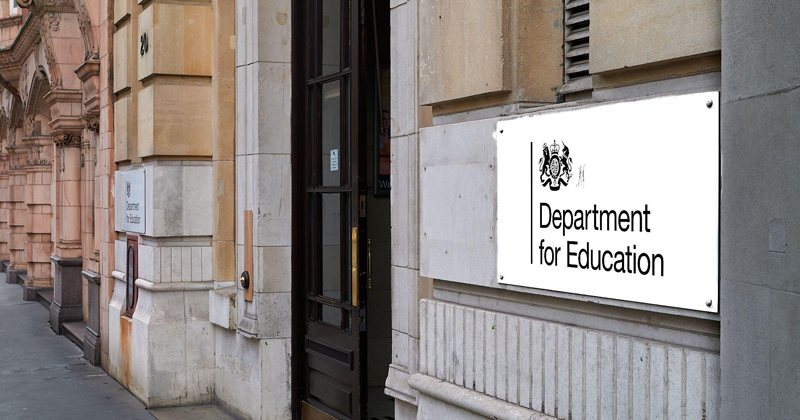
Curriculum review, but less meddling
So what else would be on her agenda? She wants all three main political parties to commit to a review on curriculum and exam reform. She wants to re-create the Department for Children, Schools and Families and to create a cabinet member for children with a “roving brief” to stop young people’s policy being “fragmented across several different departments”.
But she won’t recommit to a 2019 manifesto promise to recruit 20,000 more teachers, only acknowledging there is a “huge problem with recruitment and retention”.
And she gets agitated when I ask whether mobile phones should be banned in schools, as former education secretary Gavin Williamson proposed in 2021.
“What I think headteachers are fed up of is that top-down meddling from the government telling them what to do…they just want to be empowered. That’s why I’m a Liberal.”

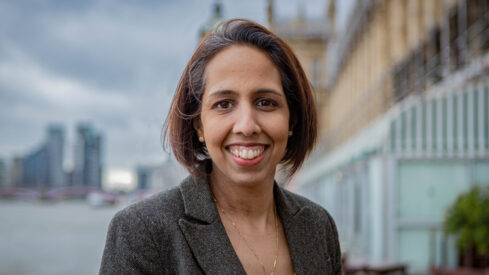





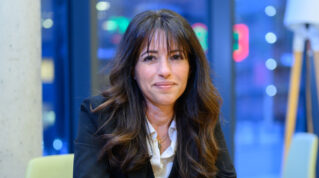

[…] to think about manifesto commitments in key policy areas—one of which of course is education. Last week, Munira Wilson of the Liberal Democrats started to set out her stall, saying, among other things, […]